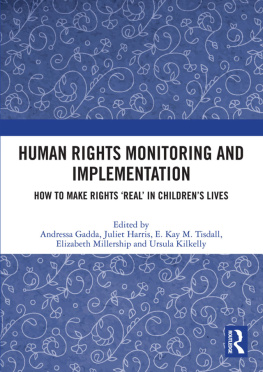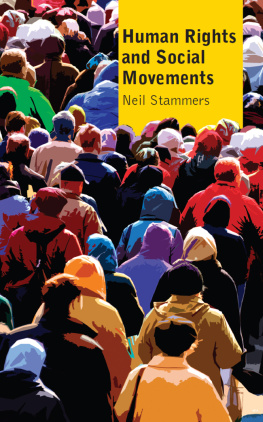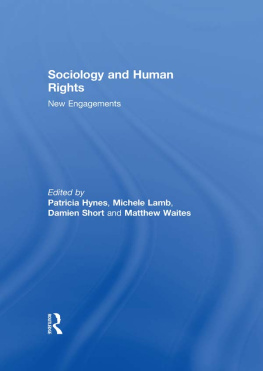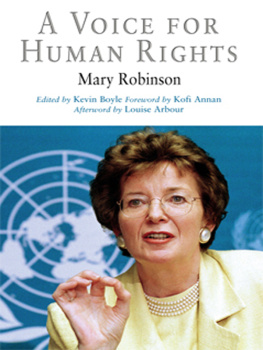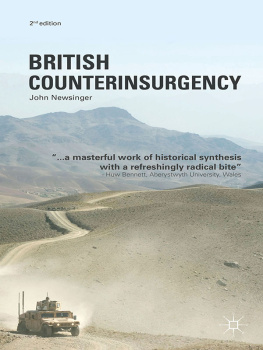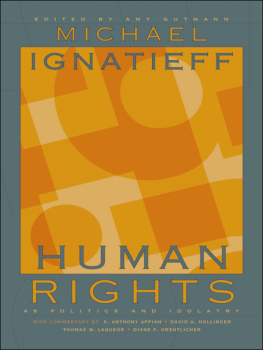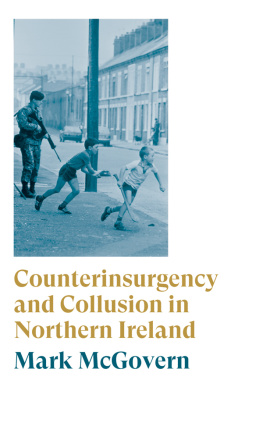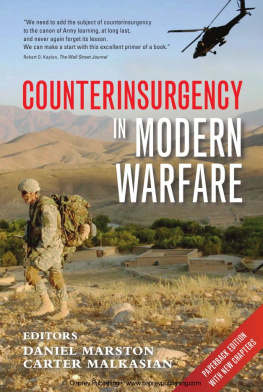Brian Drohan - Brutality in an Age of Human Rights: Activism and Counterinsurgency at the End of the British Empire
Here you can read online Brian Drohan - Brutality in an Age of Human Rights: Activism and Counterinsurgency at the End of the British Empire full text of the book (entire story) in english for free. Download pdf and epub, get meaning, cover and reviews about this ebook. City: Ithaca, year: 2018, publisher: Cornell University Press, genre: History. Description of the work, (preface) as well as reviews are available. Best literature library LitArk.com created for fans of good reading and offers a wide selection of genres:
Romance novel
Science fiction
Adventure
Detective
Science
History
Home and family
Prose
Art
Politics
Computer
Non-fiction
Religion
Business
Children
Humor
Choose a favorite category and find really read worthwhile books. Enjoy immersion in the world of imagination, feel the emotions of the characters or learn something new for yourself, make an fascinating discovery.

- Book:Brutality in an Age of Human Rights: Activism and Counterinsurgency at the End of the British Empire
- Author:
- Publisher:Cornell University Press
- Genre:
- Year:2018
- City:Ithaca
- Rating:5 / 5
- Favourites:Add to favourites
- Your mark:
Brutality in an Age of Human Rights: Activism and Counterinsurgency at the End of the British Empire: summary, description and annotation
We offer to read an annotation, description, summary or preface (depends on what the author of the book "Brutality in an Age of Human Rights: Activism and Counterinsurgency at the End of the British Empire" wrote himself). If you haven't found the necessary information about the book — write in the comments, we will try to find it.
In Brutality in an Age of Human Rights, Brian Drohan demonstrates that British officials choices concerning counterinsurgency methods have long been deeply influenced or even redirected by the work of human rights activists. To reveal how that influence was manifested by military policies and practices, Drohan examines three British counterinsurgency campaignsCyprus (19551959), Aden (19631967), and the peak of the Troubles in Northern Ireland (19691976). This book is enriched by Drohans use of a newly available collection of 1.2 million colonial-era files, International Committee of the Red Cross files, the extensive Troubles collection at Linen Hall Library in Belfast, and many other sources.
Drohan argues that when faced with human rights activism, British officials sought to evade, discredit, and deflect public criticism of their actions to avoid drawing attention to brutal counterinsurgency practices such as the use of torture during interrogation. Some of the topics discussed in the book, such as the use of violence against civilians, the desire to uphold human rights values while simultaneously employing brutal methods, and the dynamic of wars waged in the glare of the media, are of critical interest to scholars, lawyers, and government officials dealing with the conflicts in Iraq and Afghanistan, and those to come in the future.
Brian Drohan: author's other books
Who wrote Brutality in an Age of Human Rights: Activism and Counterinsurgency at the End of the British Empire? Find out the surname, the name of the author of the book and a list of all author's works by series.

